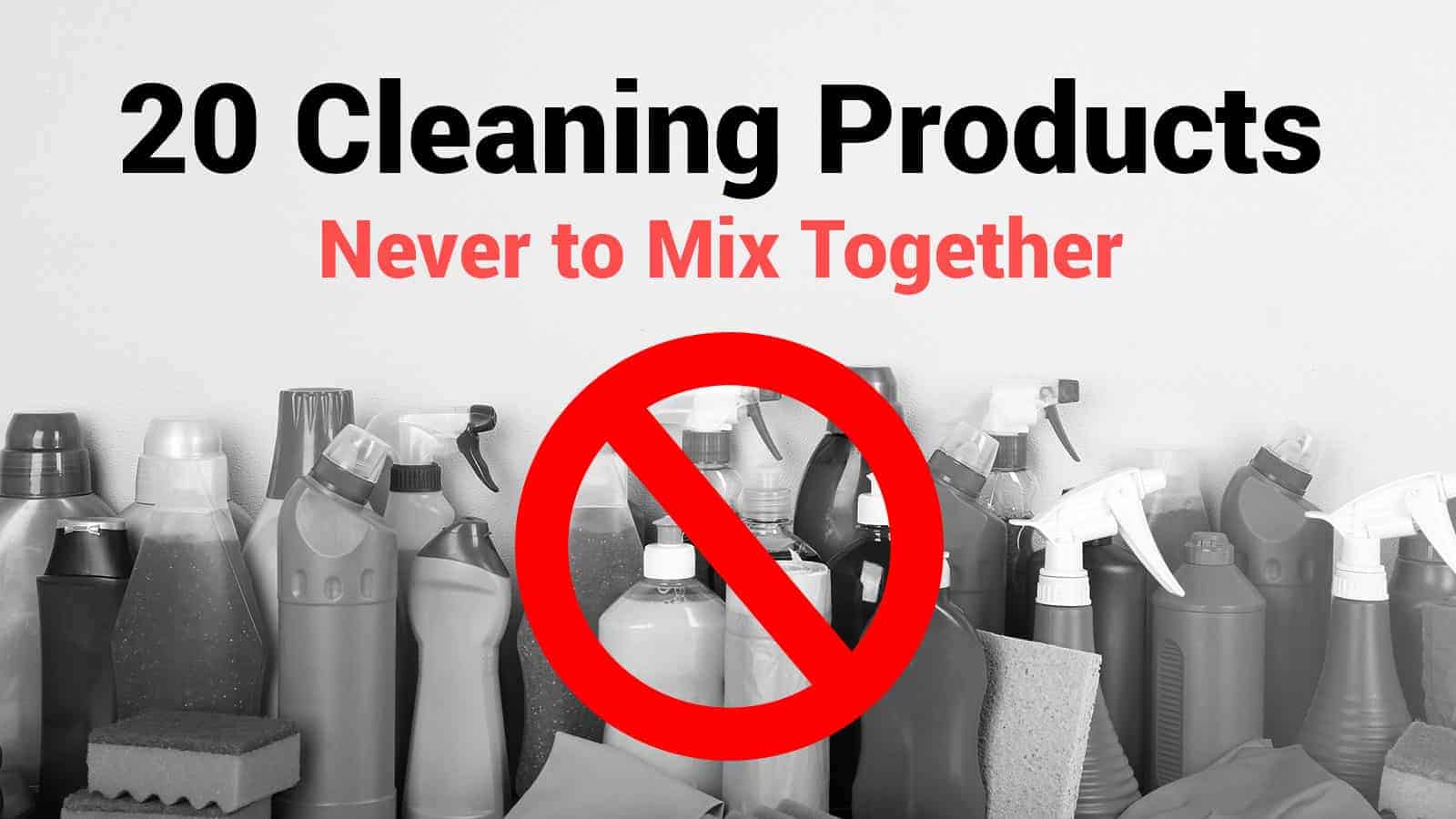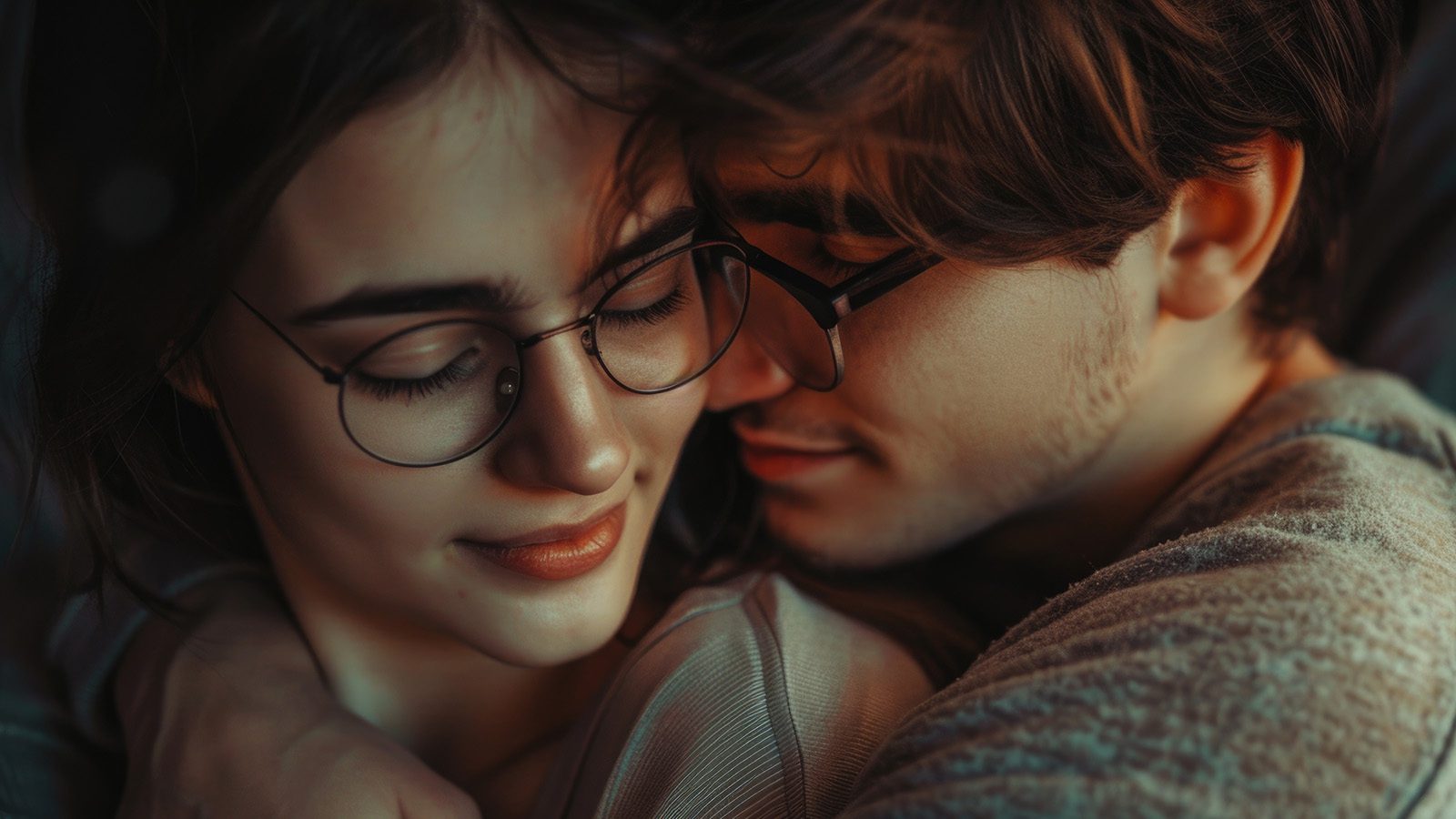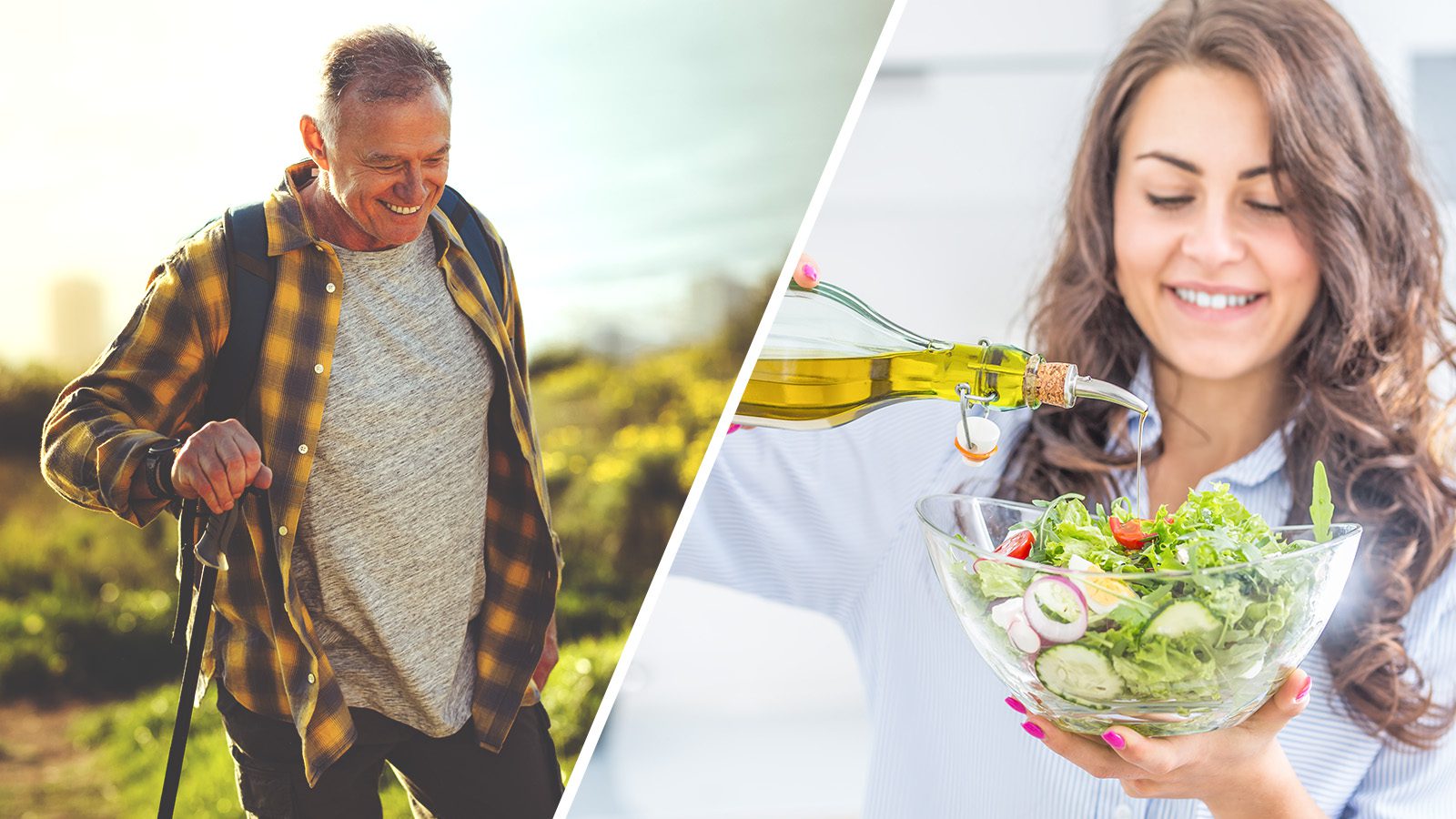Most people want to maintain a clean environment. But did you know cleaning too much poses the same threat as smoking a pack of cigarettes per day? It shocked us to hear that, too, because we associate cleaning with health. However, studies have shown that cleaning the house too often can lower your immune system.
Of course, it’s part of our nature to want to keep our surroundings clean. But perhaps the media and advertising industry have given us the wrong impression. Especially in times when sickness increases in the world, we worry about sterilizing our environment. However, some cleaners can do more harm than good because our immune systems need exposure to germs and bacteria. Cleaning too much weakens our immune response because of the harsh chemicals and lack of bacteria in the environment.
Much of the danger comes from the types of products that most people use to clean their homes and workspaces. Products such as household bleach, aerosol spray disinfectants, and other name-brand cleaning products have toxic ingredients that can harm your health with too much exposure. We will go over the dangers of these cleaning products below, as well as healthy alternatives for cleaning your home.
Here’s how cleaning products can destroy your health as much as cigarettes:
Scientists investigated home cleaning products to see how they impacted lung function and published their findings in the American Journal of Respiratory and Critical Care Medicine. Norwegian researchers discovered some essential facts in this unprecedented study about home cleaning products, listed below:
- The study followed 6,000 women over 20 years.
- It looked into how cleaning products can impact respiratory health over a long period, including airway obstruction and the decline of lung function.
- Scientists studied both professional cleaners as well as homeowners.
- The study measured forced expiratory volume, or how much air the participants could blow out of their lungs in one second.
- They also looked at forced vital capacity, or how much air they could blow out after inhaling deeply.
- While people start seeing a decline in their mid-20s of both breathing factors, the study found that regular use of toxic cleaning products worsened lung capacity.
- Cleaning just once per week over 20 years led to significant lung damage.
- People who cleaned professionally for work experienced similar lung damage as someone smoking a pack of cigarettes a day for 10 to 20 years.
The researchers believe that some of the ingredients in the cleaning products can lead to the following negative results in the body:
- Immune system impairment
- Mucous membranes become inflamed.
- Damage to cells and tissues in the airways
What to do?
Environmental Working Group reviewed the study and offered the following tips:
- Buy fewer cleaning products to cut down on exposure and save money. When you buy cleaners at the store, the manufacturers legally do not have to list all the ingredients in their products. Because of this, you have no idea what effect it will have on your health in the long term.
- Try not to use spray cleaners. If you do use them, spray them onto a cloth first to minimize the droplets you ingest.
- Use microfiber cloths to dust your home instead of cleaning wipes.
Other Harmful Effects of Home Cleaning Products
If the study above doesn’t make you want to give up store-bought cleaners forever, we have a few more studies for you. Since we don’t know the long-term effects of these chemicals on our bodies, we should certainly use them cautiously. Let’s look at other ways home cleaning products can damage your health.
-
Impairs your immune system
An animal study published in Science in 2012 showed how living in an overly sterile environment can harm one’s health. Researchers placed mice into two groups: the first group didn’t get exposed to any bacteria, raised in a “germ-free” environment; the second group got exposed to both good and bad bacteria. When researchers tested them, they found that the germ-free mice had much higher levels of inflammation in the colon and lungs than those with healthy immune systems.
Furthermore, mice with impaired immune systems also showed symptoms similar to asthma and ulcerative colitis. However, once researchers exposed them to healthy bacteria levels two weeks after birth, their immune systems got stronger, and the inflammation disappeared.
-
Increases air pollution in the home
A 2006 study published in the journal Indoor Air found store-bought cleaning products often contain high levels of volatile organic compounds or VOCs. Additionally, these cleaners often have other toxic chemicals, such as glycol ethers and terpenes, which can react with formaldehyde and other particles to create ozone, which damages the lungs. Citrus-scented products specifically contain synthetic fragrance terpene chemicals called limonene and linalool.


-
Increases inflammation in the sinuses
Researchers did a study of nearly 2300 Chinese students from 21 different schools. They found that children whose parents frequently used cleaning products showed increased symptoms of rhinitis, an inflammation of the nose lining, by 29 to 97 percent. Researchers measured kids’ “total chemical burden” by adding up their total exposure time to 14 different cleaning products. As their chemical burden increased, the rhinitis symptoms worsened.
-
Higher likelihood of developing asthma
Professional cleaners, as well as homeowners, have an increased risk of developing asthma from chemicals in the products. A 2010 review study published in the Current Opinion in Allergy and Clinical Immunology found evidence linking cleaning products to work-related and new-onset asthma. Researchers believe the irritating ingredients or sensitivity to certain ingredients may cause symptoms. The study author noted that these products specifically could worsen asthma:
- Spray cleaners
- Chlorine bleach
- Other disinfectants
-
Worsens skin conditions
Many cleaners and laundry powders contain ingredients that aggravate skin conditions, such as dermatitis, eczema, and psoriasis. Preservatives such as methylisothiazolinone have been known to irritate the skin, and because of this, it’s been removed from many cosmetic products. However, make sure to read labels when you buy regular or even natural cleaners or laundry detergent, as it’s still used in many rinse-off products.
-
Accidentally mixing toxic chemicals to create poisonous gases.
Many household cleaners we use have dangerous chemicals, but mixing them with other cleaners could have disastrous results. For instance, many people accidentally mix bleach with ammonia, such as glass or floor cleaners. This creates chloramine gas, which can create the following symptoms in just 24 hours:
- Eye, nose, throat, and airway irritation
- Teary eyes
- Runny nose
- Sore throat
- Coughing
- Chest congestion
Other Harmful Mixtures
The American Lung Association says that even natural fragrances such as citrus can decrease indoor air quality, especially if ozone levels are high. With these conditions, using natural and synthetic forms of citrus can react to form formaldehyde, which is carcinogenic to humans. It also creates toxic microparticles that can get lodged in your lungs.
According to the American Lung Association, fine particles in the air can worsen asthma and increase heart attack and stroke risk as well. At the same time, ozone can make asthma and other lung diseases worse.
Safer Alternatives for Cleaning Products
- For weekly cleaning, you don’t need to sterilize your home with chemicals completely. Simple ingredients you probably already have, such as white vinegar, baking soda, and castile soap, can get the job done. If you need to do some deep cleaning, add in a few drops of essential oils to kill germs.
- Always go for unscented products when possible.
- On high ozone days, don’t use anything with citrus scents, and avoid air filters that increase ozone.
- Avoid antibacterial soap, especially triclosan, a known hormone disruptor.
- Beware of green or natural cleaners as well. A 2015 study found many contained carcinogens, added fragrances, and VOCs similar to regular cleaners.
Final thoughts on how cleaning too much poses the same risk as smoking cigarettes
While most people don’t think twice about their cleaning products, the studies cited above show that we should pay more attention to how we clean our homes. Not only can cleaning with toxic chemicals cause the same damage to our lungs as smoking a pack of cigarettes per day, but it can also weaken our immune systems. Cleaning our homes just once a week can cause this effect over a long time, and for those who clean professionally, the risk increases exponentially.
Inflammation and a weakened immune system caused by cleaning products can lead to autoimmune diseases, cancer, and even heart attacks and strokes.
If you want to clean your home, always go for natural products. Consider these safer cleansers:
- Vinegar
- Lemon
- Essential oils
- Castile soap
- Baking soda
When you go shopping for cleaners, make sure to check out the Environmental Working Group’s app or articles that list healthy cleaners and alternatives to harmful ones.

















